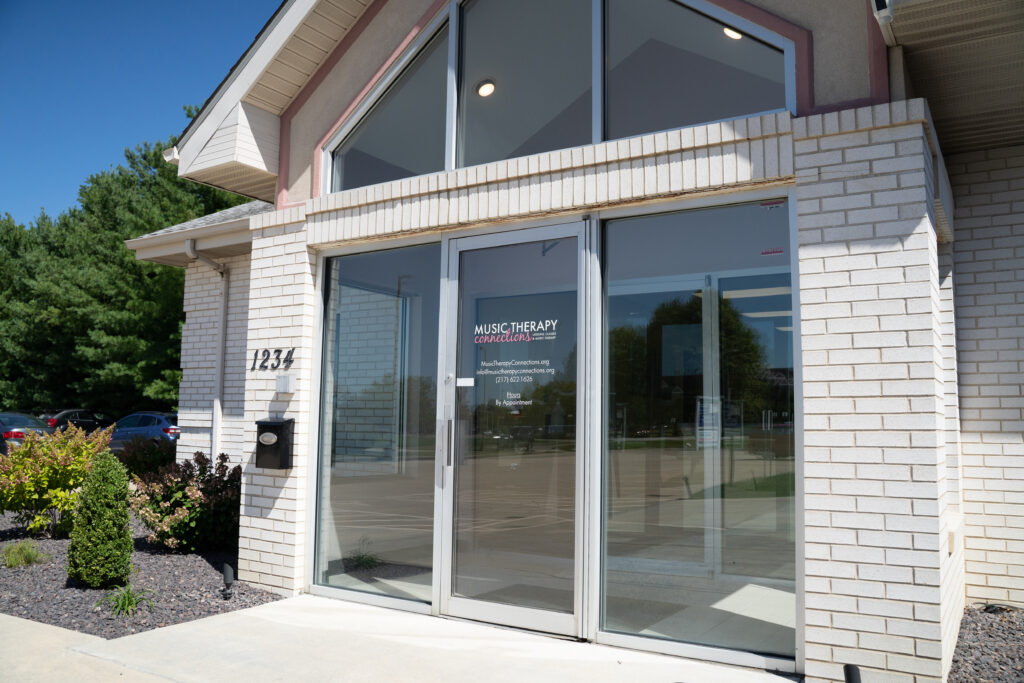Hello All!
I hope your week has been going well; for me here at MTC it been another week of learning! The last couple weeks I have been considering the importance of finding the value in the small things.
Not Everything has to be Big
I remember before starting my first practicum in college, I imagined that the interventions I was going to do would create a big, almost immediate change in my clients. So much of what we see posted online makes it look like music therapy can do that. In reality, therapy is mainly many small changes that build up to create the difference. I remember after my first practicum experience I felt so defeated when I didn’t create the big change I imagined. Little did I know this was just feeding my perfectionism.
This way of thinking stayed with me throughout my time in college. I could see that I was making some sort of impact, but I felt like I wasn’t being effective enough. However, when I started observing the music therapists at MTC, I noticed that the client responses were similar to what I had gotten from clients I had worked with in college. I began to consider that maybe I’m not as ineffective as I thought I was.
During the sessions I have been coleading currently, I find myself falling into that trap again. The clients aren’t responding in the ways I imagined; I have to be failing. However, I’m beginning to see it in a different way. The clients are responding to the music, they are answering my questions, following my prompts and emotionally engaging in the music. These aren’t the big immediate changes that I used to imagine, they are smaller impacts that can add up. I’m realizing that if I focus on wanting the big monumental changes, I don’t get the chance to appreciate the small impacts.
The Impacts are Easier to See when you Change your Focus
During voice seminars in college, after performing my voice teacher would always have us state at least three things we did well during our performance. It was a good way to have us focus on what we did well vs. only thinking about what didn’t go perfectly. I always found this to be difficult, as I view myself with a very critical lens; if I messed up even a little part of the song it practically ruined the experience for me.
One of my supervisors also uses a similar system when we are discussing sessions. Before we start any discussions, she has me tell her what I think I did well. I still have a difficult time answering this; I find myself having trouble coming up with things I did well. Additionally, when I do think I did something well, I find myself questioning if I really did well.
However, I’m beginning to find that in the moment when I focus on what I am doing right and not what I am doing wrong, I feel so much more confident in myself as a therapist and a musician. When I focus less on what I might be doing wrong, I am able to focus more on the clients see the impact on the clients so much clearer then before. I less apprehension and I feel a lot more successful.
Overall, I want to continue focusing more on what I am doing right; that way I can appreciate the small impacts. Thank you for reading!
Lillian


